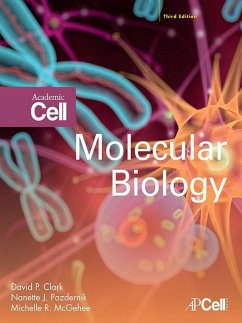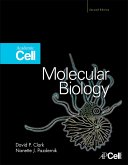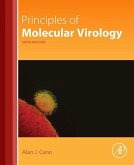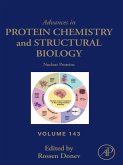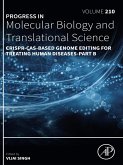Molecular Biology, Third Edition, provides a thoroughly revised, invaluable resource for college and university students in the life sciences, medicine and related fields. This esteemed text continues to meet the needs of students and professors by offering new chapters on RNA, genome defense, and epigenetics, along with expanded coverage of RNAi, CRISPR, and more ensuring topical content for a new class of students. This volume effectively introduces basic concepts that are followed by more specific applications as the text evolves.Moreover, as part of the Academic Cell line of textbooks, this book contains research passages that shine a spotlight on current experimental work reported in Cell Press articles. These articles form the basis of case studies found in the associated online study guide that is designed to tie current topics to the scientific community.
- Winner of a 2020 Textbook Excellence Award (College) (Texty) from the Textbook and Academic Authors Association
- Contains new chapters on non-coding RNA, genome defense, epigenetics and epigenomics
- Features new and expanded coverage of RNAi, CRISPR, genome editing, giant viruses and proteomics
- Provides an ancillary package with updated PowerPoint slide images
Dieser Download kann aus rechtlichen Gründen nur mit Rechnungsadresse in A, B, BG, CY, CZ, D, DK, EW, E, FIN, F, GR, HR, H, IRL, I, LT, L, LR, M, NL, PL, P, R, S, SLO, SK ausgeliefert werden.

